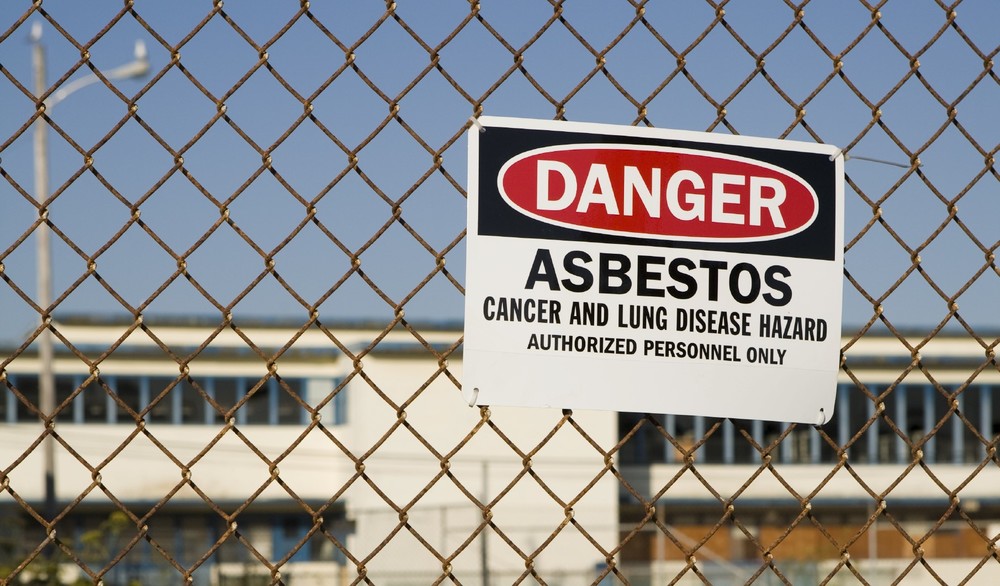
Two million tons of asbestos are still being manufactured annually. Every year over 100,000 people die from cancer diseases caused by being exposed to asbestos. One common type of asbestos-related cancer causing disease is mesothelioma.
The gold standard for diagnosing mesothelioma is biopsies. These procedures can often be invasive and due to the long latency period of mesothelioma (on average it takes 20-40 years before symptoms of the disease to occur for diagnosis) a diagnosis is often made in the later stages of the disease, but early detection is key for the treatment of mesothelioma.
Calretinin is a calcium binding protein expressed in neurons of the central and peripheral nervous systems of the body, as well normal body tissues such as the mesothelium cells that are affected by asbestos causing mesothelioma. Research has shown that calretinin is a useful biomarker for distinguishing malignant mesothelial tumors.
The new Calretinin ELISA Assay was developed by the cooperation of DLD Diagnostika and the Institute for Prevention and Occupational Medicine of the German Social Accident Insurance of the Ruhr-University Bochum (IPA).
This assay is highly specific, sensitive and applicable for the early detection of human calretinin. The new test is validated in large case-control studies and is also involved in a prospective study.
Carletinin will add to a list of possible candidates for a biomarker panel; the more markers present the more marker combination with possible advantages there are to choose from.
